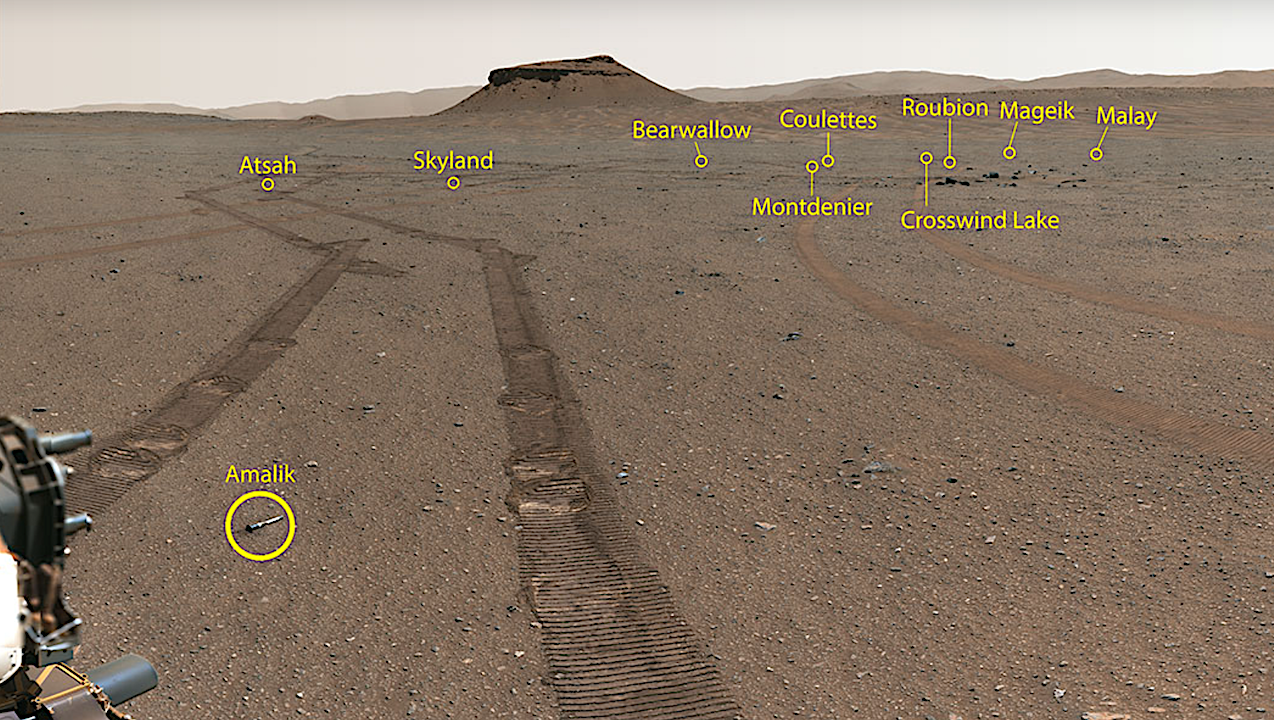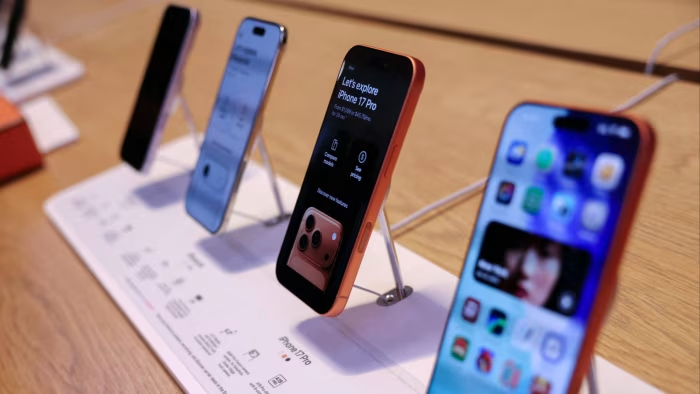Apple has lost a landmark UK class action antitrust lawsuit over claims it levies “excessive and unfair” charges on software downloaded from its App Store, in the latest legal blow to the US tech giant.
The Competition Appeal Tribunal ruled on Thursday that the Silicon Valley-based group abused a dominant position to charge developers commissions of as much as 30 per cent on purchases.
The claimants said 36mn consumers would be entitled to damages of about £1.5bn. Apple said it would appeal.
The tribunal found that Apple has “near absolute market power” in the markets for iOS app distribution and in-app payments.
Apple “is abusing its dominant position by charging excessive and unfair prices” to developers, it said in the decision.
The tech group said the ruling took a “flawed view” of the mobile apps market, arguing iPhones face “vigorous competition”.
“This ruling overlooks how the App Store helps developers succeed and gives consumers a safe, trusted place to discover apps and securely make payments,” Apple said.
The tribunal’s decision is the latest in a series of legal and regulatory challenges facing Apple’s lucrative services business, which is expected to generate more than $100bn in revenues for the first time this year.
The decision comes just a day after the UK’s antitrust agency said it would impose strict new rules on how Apple and Google run their mobile platforms under Britain’s new digital competition law.
Apple is also fighting several aspects of the EU’s Digital Markets Act, which has forced the iPhone maker to make changes to its App Store.
It also faces huge pressure over the App Store in the US. Last year, the US Department of Justice filed a landmark antitrust case against Apple over what it alleges is a smartphone monopoly.
The CAT ruling is a crucial victory for class action claimants following a series of recent disappointments.
A wave of lawsuits have been launched — many of them against technology companies — under legislation drawn up a decade ago allowing mass actions over alleged breaches of competition law.
But the cases have been bogged down by protracted legal arguments over process, and payouts so far have largely been seen as disappointing for claimants.
The case against Apple — led by “class representative” Rachael Kent, a lecturer at King’s College London — was the first such case against a Big Tech group to go to trial before the CAT. Apple’s chief financial officer Kevan Parekh testified this year.
Kent said in a statement following the ruling: “Every in-app purchase, subscription and paid download was inflated by Apple’s anti-competitive practices.”
She added: “This is a landmark victory — not only for App Store users, but for anyone who has ever felt powerless against a global tech giant.”
In a 396-page ruling on Thursday, the CAT said “the process for resolving any questions relating to the calculation” of damages would be determined at a subsequent hearing, as soon as next month.







